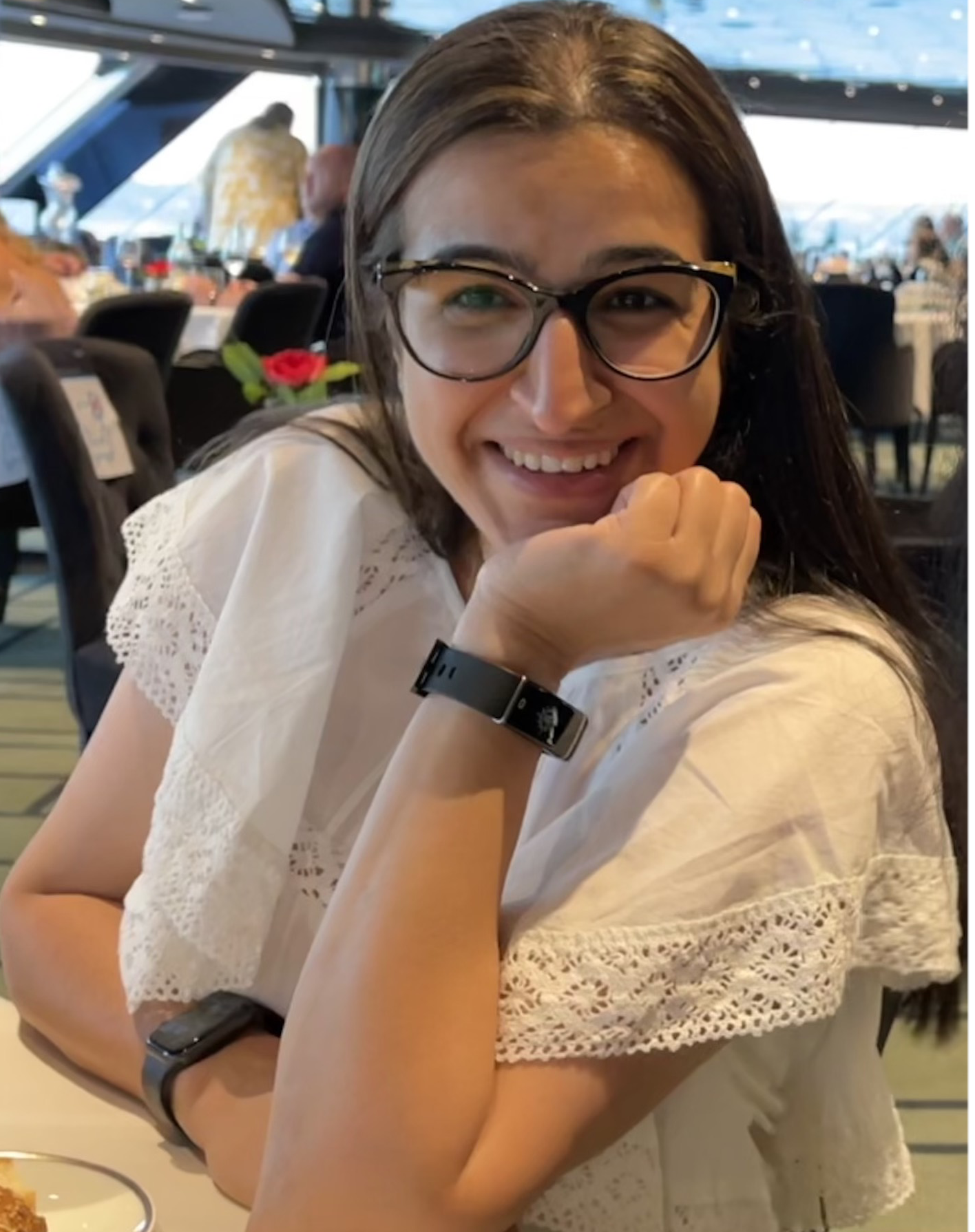
Medical Writing: Navigating a Drug Molecule from Discovery to Approval
Dr Sheetal Raina
My life hasn’t been any less of an adventure, lately!
Eleven years ago this month, I walked into the European headquarters of the world’s largest pharmaceutical company to interview for a role I had no idea what it meant. With three degrees under my sleeve, a crisp suit, and a lot of enthusiasm, I was confident I had whatever it took to make it work. A decade later, I have not looked back and regretted that decision. There are many facets to this role that make it exciting and challenging at the same time.
Covid taught us many things, including our renewed interest in epidemiology, virology, medicines, and in particular regulatory pathways for drug approval. Many dinner table conversations included discussions focused on clinical research in 2020 and have continued to be an area of interest in 2021. Clinical research and roadmap to approving a drug have come a long way since the 1950s and 1960s. With extensive guidelines and regulations in place, medical writers play an essential role in navigating this matrix that takes the drug molecule through the finish line to approval and finally making the drug available to patients worldwide. As a medical writer, you are an integral part of a cross-functional team leading a drug molecule through these stages. On a daily basis, you will continue to strengthen your technical understanding of the drug molecule and the disease area as well as interact with an incredibly diverse and talented pool of individuals and together strive to make life better for millions of patients.
If you aspire for a career that impacts on lives of the patients, a career that gets breakthrough therapies to approvals or fulfils unmet medical needs, medical writing would do just right. To be a medical writer, you don’t need to have a creative flair; you aren’t writing a fairy tale.
All you need is a deep understanding of clinical data, outstanding attention to detail, and being a solid team player like any other profession. Depending on the nature and size of your organization, you may be involved in many aspects of drug development, from developing a protocol for the first-in-human trial to authoring the benefit-risk assessment for the complete submission package for evaluation by Health Agencies like the United States Food and Drug Administration (FDA), Medicines and Healthcare Products Regulatory Agency (MHRA) in the UK, European Medicines Agency (EU) or Pharmaceuticals and Medical Devices Agency (PMDA, Japan) to name a few. In true sense, your role is global and encompasses a multitude of layers that you can excel in. You can be an expert in preparing a single specific document or try your hand at being a Jack of all trades. From CMC (chemistry, manufacturing, controls) to non-clinical/toxicology to clinical safety and efficacy, there are so many focus areas in between to specialize in that you will honestly be spoilt for choice.
I love to lead global submissions bringing new drugs to patients across the world. As a lead medical writer, I lead a team of authors who prepare the multiple components of the Common Technical Document (CTD or eCTD) evaluated by all major Health Agencies. I have had the privilege of being part of several new drug applications across multiple disease areas, mostly oncology, where I have spent most of my Pfizer years. Being part of the Covid-19 vaccine team and leading several applications to successful conclusions has been a personal triumph, with the most recent paediatric submission ranking right at the top of my Karma chart.
As Edmund Hillary once remarked
‘You don’t have to be a hero to accomplish great things- to compete. You can just be an ordinary chap, sufficiently motivated to reach challenging goals.’
Sheetal is a Director at Pfizer Inc.






